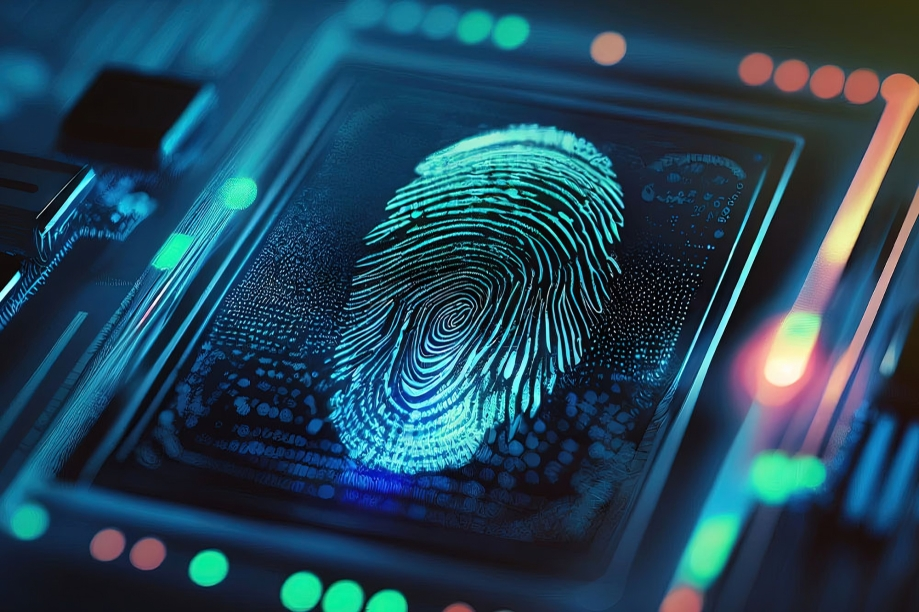CAIRO: The deadline for expatriates in Kuwait to complete mandatory biometric fingerprinting is set to end today, with defaulters facing severe consequences. According to security sources, expatriates who fail to meet the deadline will find their government and banking transactions halted starting Wednesday. This includes any dealings with the Interior Ministry and all other government agencies, including bank accounts, cards, and electronic payment systems. The biometric fingerprinting process was announced last May, and authorities have continuously reminded expatriates of the importance of complying with the procedure.
As of now, around 244,000 expatriates, 16,000 Kuwaitis, and 90,000 Bidoons (individuals without official documentation) have not completed the fingerprinting process, according to official reports. With the deadline looming, the government has urged expatriates to complete the fingerprinting to avoid disruption of their official activities. The biometric system is part of Kuwait’s broader efforts to combat issues such as passport forgery and prevent double citizenship, which is illegal in the country.
The government extended the deadline for both expatriates and citizens earlier this year. For Kuwaitis, the deadline already passed on September 30, with officials noting that any government or banking services suspended due to non-compliance could be resumed after completing the fingerprinting process. Expatriates are advised to visit the General Department of Criminal Evidence’s identity verification departments across Kuwait to undergo the procedure if they missed the original deadline. Once fingerprinting is completed, the suspension of their transactions will automatically be lifted.
The biometric fingerprinting system is viewed by Kuwaiti officials as a critical state project, designed to create a comprehensive database of all individuals in the country aged 18 and above. The implementation of this project reflects the government’s efforts to modernize its security measures and ensure that all personal information is accurately recorded to enhance national security and prevent illegal activities such as identity fraud.



